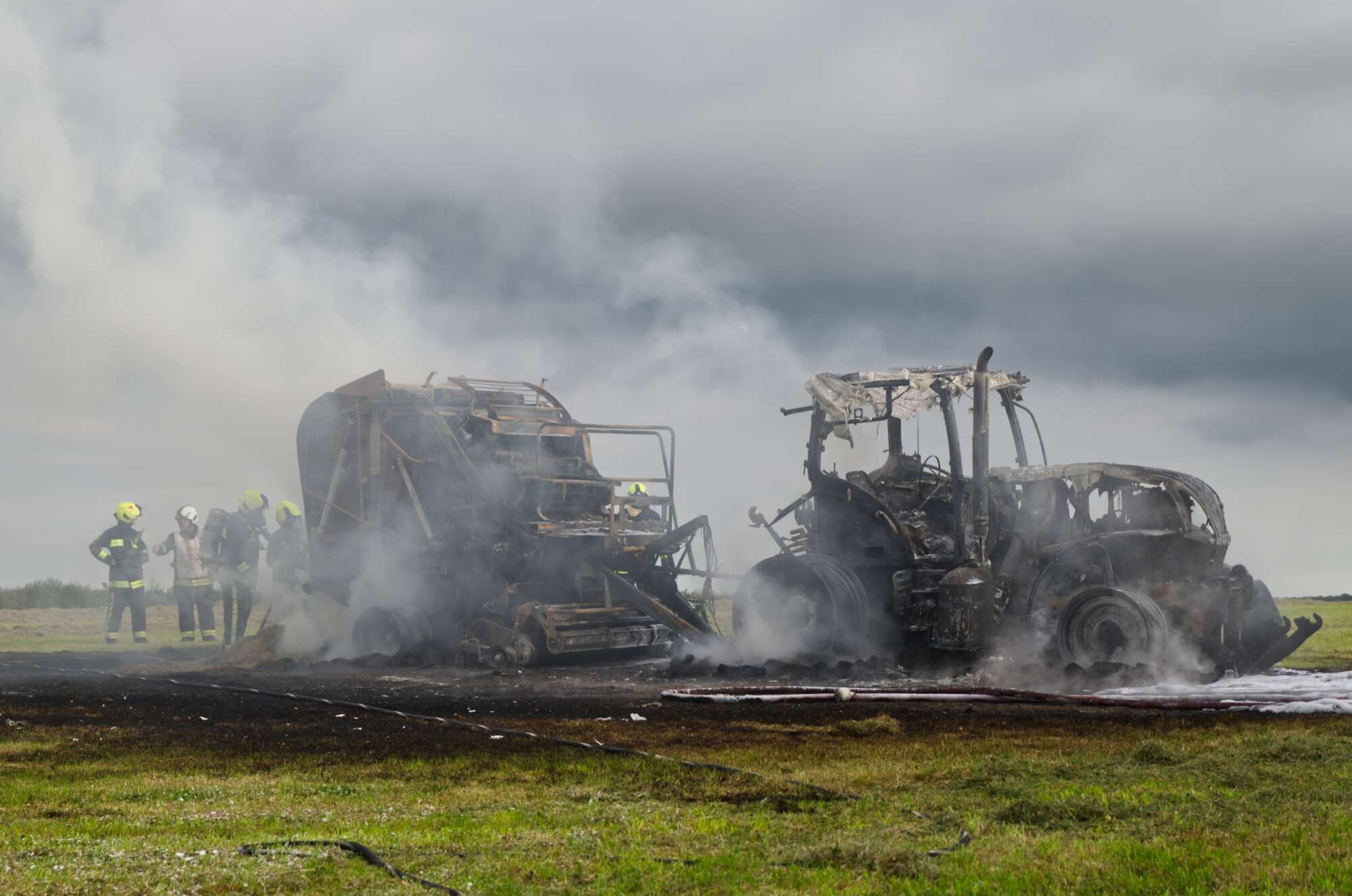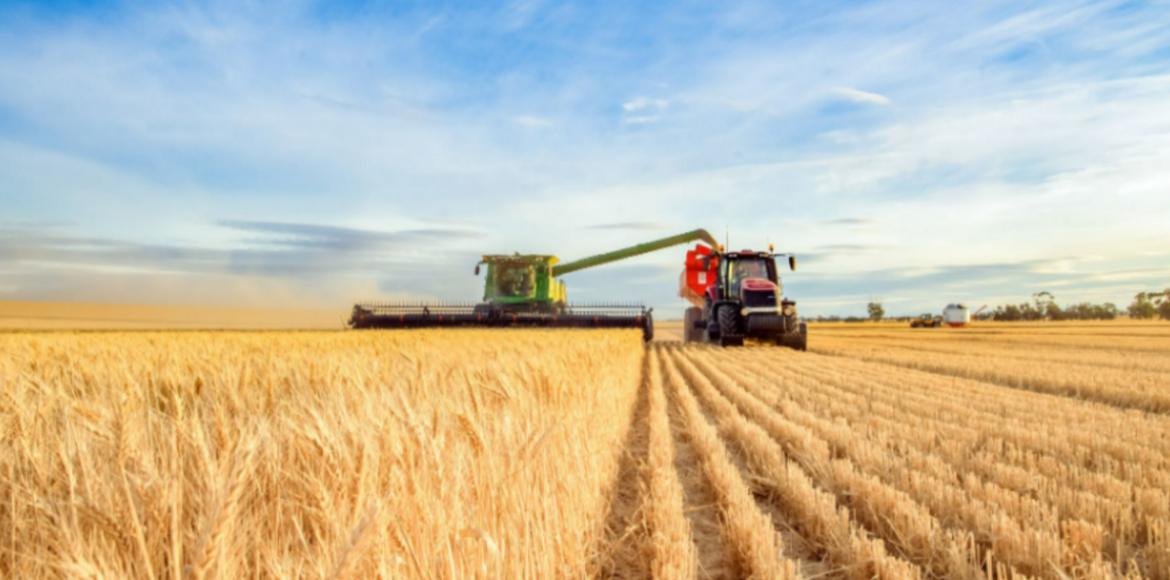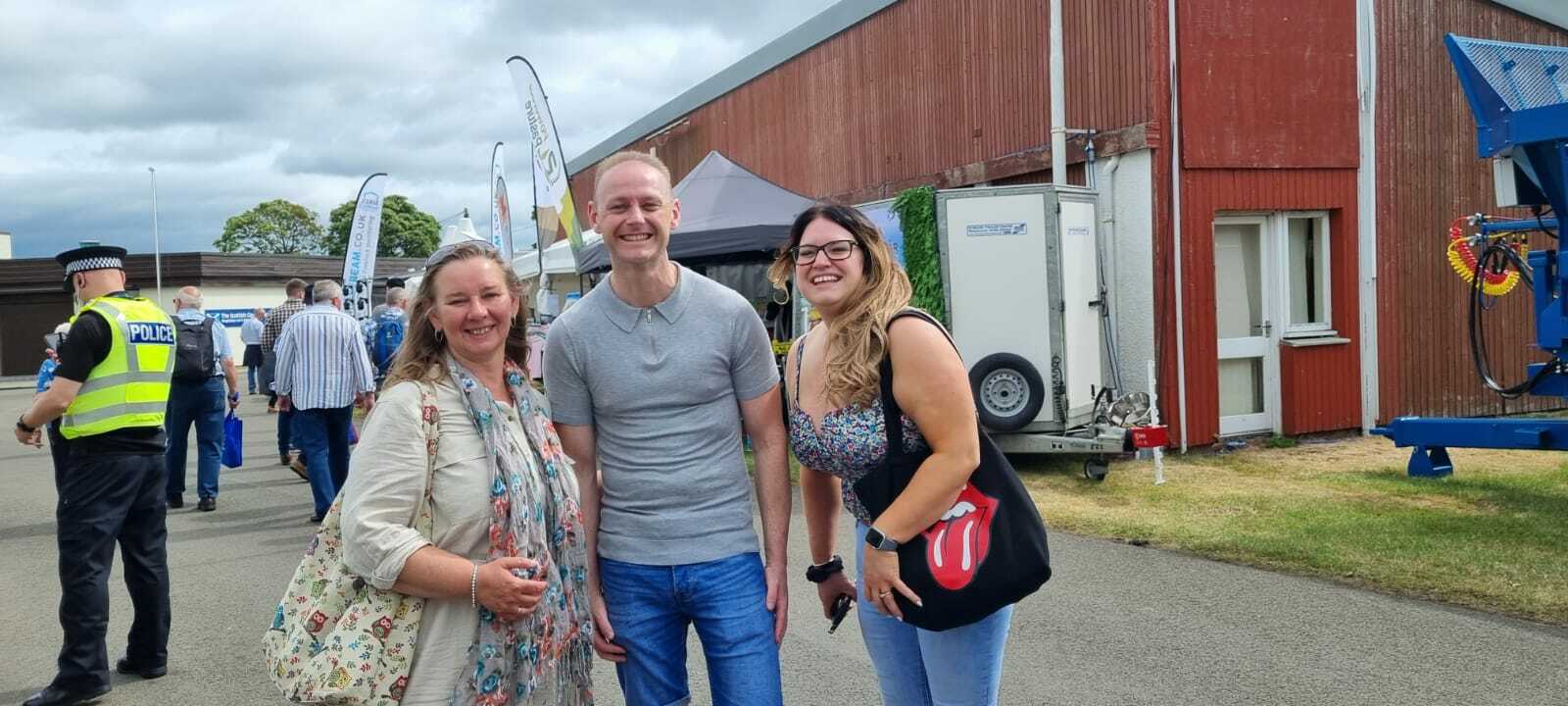As the UK continues to experience rising temperatures, our farming communities face increasing challenges, none more pressing than the heightened risk of fires during the summer harvest season.
According to the Met Office, 2024 was the fourth warmest year on record, with an average temperature of 9.78°C, 0.64°C above the 1991–2020 average. Spring 2025 has already broken records, being the warmest and sunniest on record, with an average temperature of 9.5°C and 653.3 hours of sunshine. These conditions increase the risk of fires, especially during the harvest months.
Why the fire risk is growing
During the peak harvesting months of July and August, the combination of hot weather, dry crops, and hard-working machinery creates the perfect storm for fires. In both 2022 and 2023, over 90% of combine harvester fire claims occurred in these two months alone. Fires can spread quickly, devastating crops and sometimes threatening neighbouring land and infrastructure.
Farmers are under constant pressure to harvest on time and meet production targets, especially during tight weather windows. Add extreme heat into the mix, and the risks to both equipment and livelihoods grow significantly.
Prevention is key
While agricultural insurance can help recover costs, the immediate consequences of a fire-crop loss, operational downtime, or hiring emergency contractors can be costly and long-lasting. Proactive maintenance and fire prevention are essential.
Here are a few simple yet effective steps to help reduce fire risk:
- Clean and maintain machinery regularly, following the manufacturer’s guidance. A build-up of crop residue, particularly around hot engine components, can ignite easily.
- Inspect hydraulic hoses for cracks or leaks. Hydraulic fluid is highly flammable and, under pressure, can act like a blowtorch if it escapes and ignites.
- Keep suitable fire extinguishers within easy reach of all machinery and make sure all operators know how to use them.
- Store high-risk vehicles and equipment in separate buildings to minimise the risk of fire spreading.
- Equip fields with water bowsers and pumps during harvest. Having water close to hand can make all the difference when dealing with small fires before they escalate.
Don’t forget idle equipment
Even machinery that hasn’t been used in a while, like horseboxes or older tractors, can present fire hazards. Worn-out rubber hoses, degraded electrical systems, or unnoticed leaks can all become dangerous when exposed to summer heat.
Documenting damage helps speed up claims
If the worst does happen, keeping good records will help speed up any insurance claim. That means:
- Taking photos of fire damage
- Retaining damaged parts if you carry out the repairs
- Keeping your servicing records up to date
Having everything to hand makes the claims process smoother and ensures we can get you back up and running faster.
Let’s work together to keep farms safe
Hotter summers are becoming the norm, and so is the increased risk of fire. But with simple maintenance, a bit of forward planning, and the right insurance cover, farms can stay productive and protected.
To learn more about how our Agricultural Motor Insurance can support your clients’ business, click here.
For any enquiries, contact our team on 0345 600 2284 or email agriculturequotes@ers.com.






